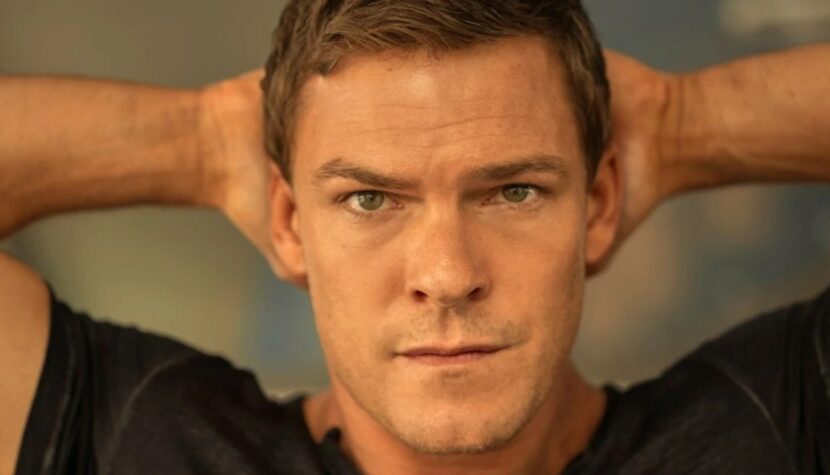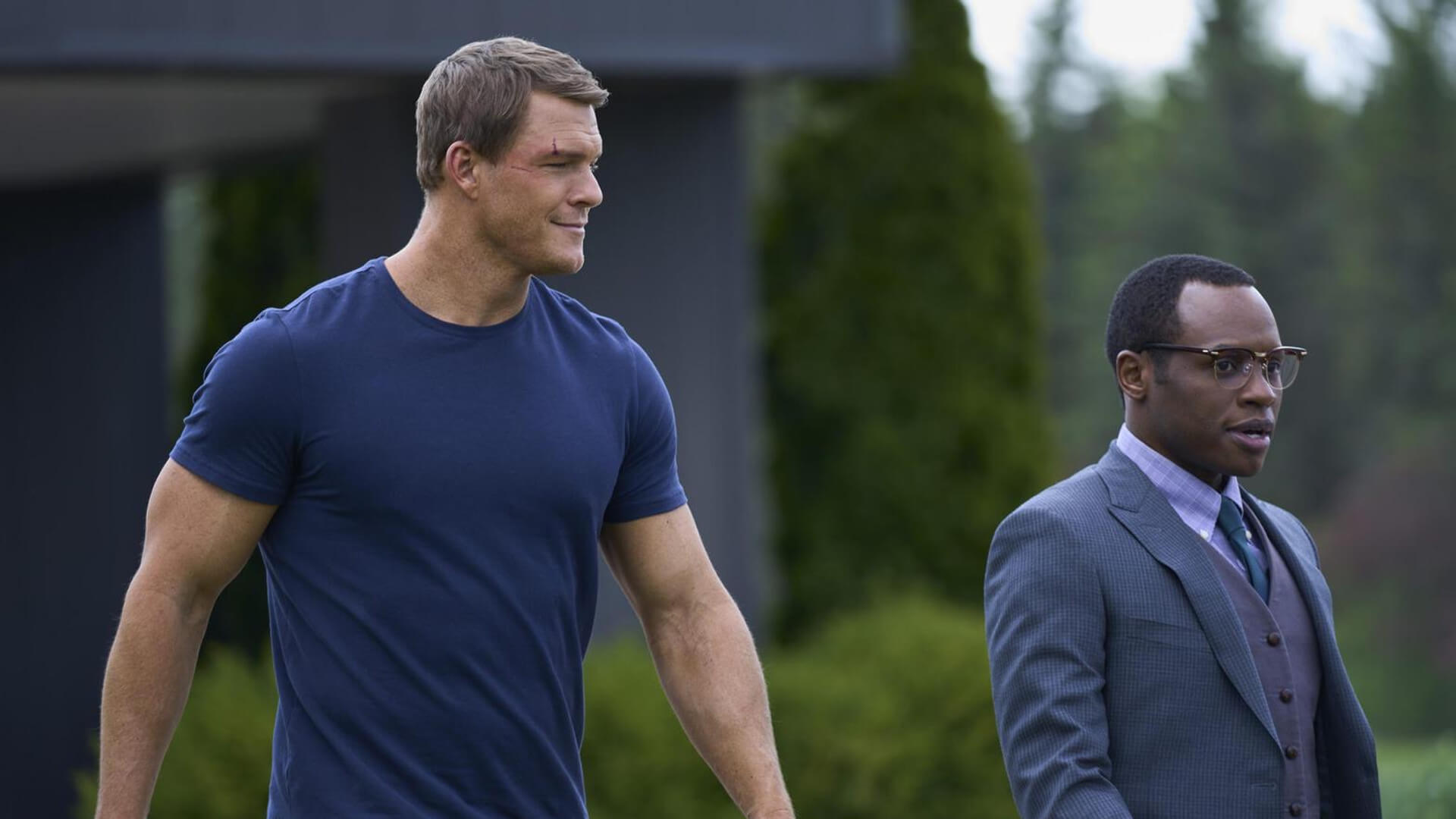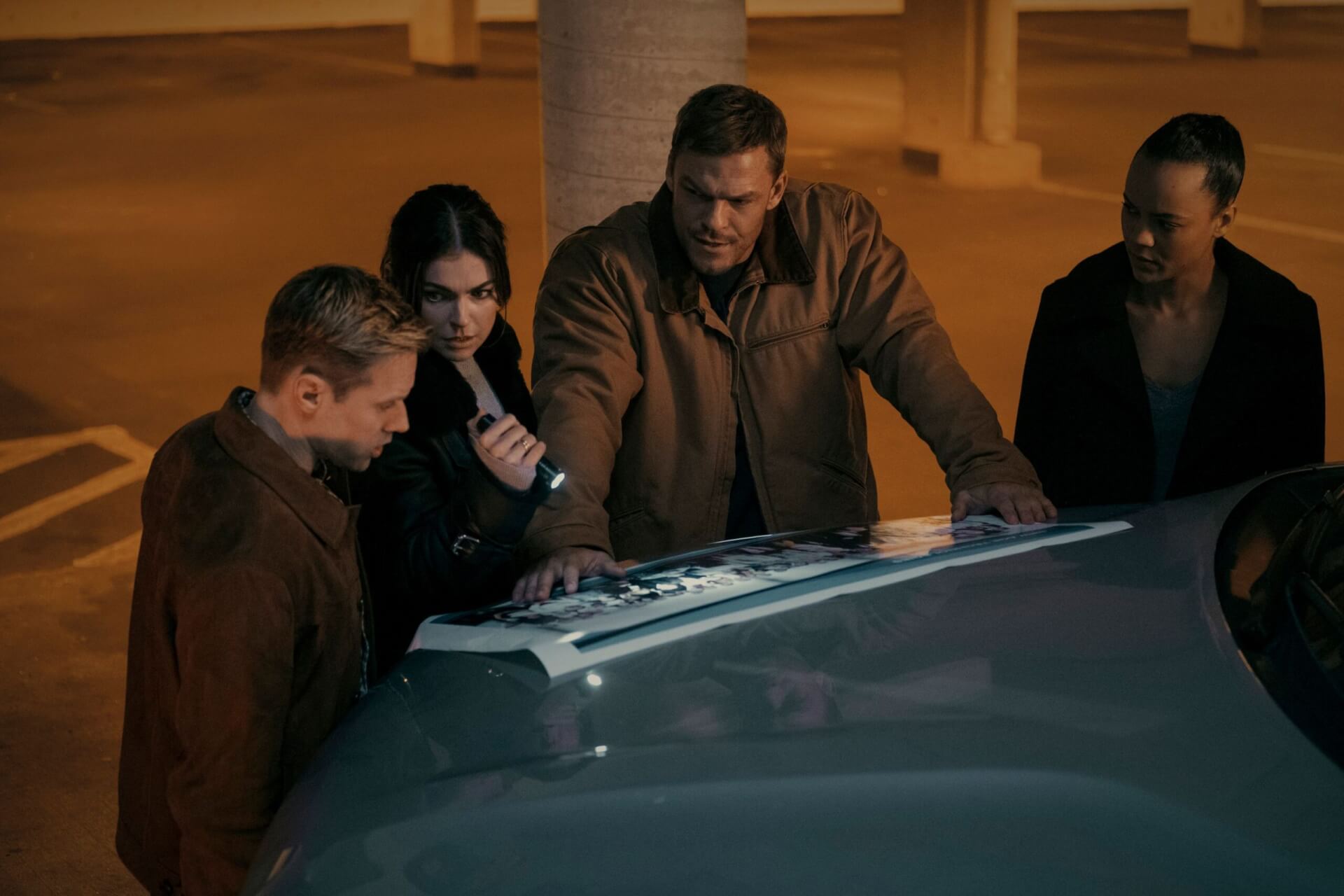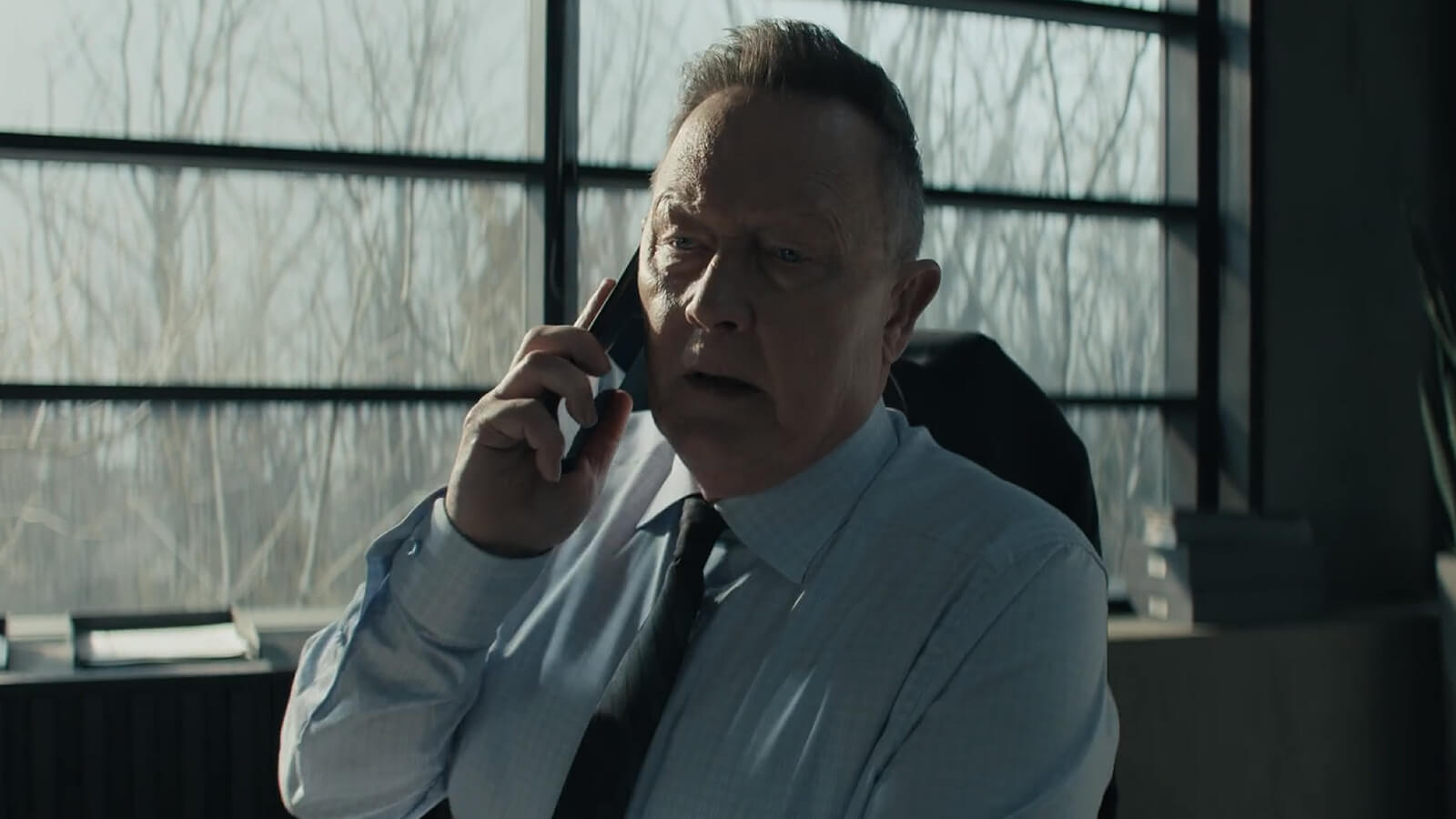REACHER. Simply Reacher [REVIEW]

When twelve years ago the adaptation of Lee Child’s novel starring Tom Cruise as Reacher hit the screens, despite the fact that the film was quite well-received, there was turmoil among the fans of the series. Initially, the proposal by Amazon Prime was better received.
Lee Child's Grown Child
 Reacher is a popular series of novels about a former military police major written by British author Lee Child. The first volume was published in 1997, and the series currently comprises almost thirty volumes. Each volume tells a separate story, but all focus on the main character, Jack Reacher, a former soldier with a righteous posture and equally strong principles.
Reacher is a popular series of novels about a former military police major written by British author Lee Child. The first volume was published in 1997, and the series currently comprises almost thirty volumes. Each volume tells a separate story, but all focus on the main character, Jack Reacher, a former soldier with a righteous posture and equally strong principles.
The first two seasons of the Amazon series are based on the first and eleventh novels in the series. The first part, set in the suspiciously tidy town of Margrave, was very well received by fans of the series. The second part, invoking the story of Unit 110, elicited somewhat less positive emotions.
Presumably keeping in mind the controversies sparked by casting Tom Cruise, who is nearly two meters tall with blue eyes, Amazon decided to approach the topic more tactfully. Alan Ritchson at first glance seems like an ideal Reacher—tall, muscular, with limited facial expressions. However, it’s hard to avoid the impression that his—let’s say—minimalistic acting is somewhat disrespectful to the literary character. In this regard, Tom Cruise definitely wins, being a talented and experienced actor. But Rome wasn’t built in a day, and the series will undoubtedly continue, and perhaps Ritchson will show viewers a broader range of expression. For now, Reacher, as portrayed by him, faithfully follows the cues of the legendary soap opera and men’s lipstick ad connoisseur, Joey Tribbiani. But that’s not the series’s biggest problem.
Troubles with 110

The first season, in which Reacher deals with his brother’s killers, maintained a good balance between the criminal plot and visually pleasing violence. Let’s face it, Lee Child’s novels are not on the level of Dostoevsky, but rather simple crime stories in which the sensational thread plays as important a role as the characters intertwined in the uncomplicated plot. There’s nothing wrong with that; such literature is liked and needed, with numerous fans expecting it to stick to these very principles. The first season of Reacher managed these expectations quite well and gave hope for the future.
Unfortunately, the second part of the former major’s adventures, which receives news of the sudden death of one of his former comrades, lost this balance noticeably, leaning heavily towards absurd spectacle. The first episodes don’t foreshadow such a turn of events—Reacher is encountered again in another town he visits, where, as usual, he exchanges a set of clothes for clean ones at a second-hand store (this is always the moment when the more pragmatic viewers sigh lightly at the possibility of finding complete clothing for such dimensions in the first available place) and carelessly does good deeds, this time saving a blackmailed woman. In such natural circumstances, he receives news of the death of one of his former unit companions, coming from Neagley (Maria Sten), who once belonged to Unit 110. Reacher responds to the call and, along with Neagley, Dixon (Serinda Swan), with whom he has some unfinished business, and O’Donnell (Shaun Sipos), tries to find out what really happened to the rest of the unit.
Too Fast, Too Furious

And everything would be fine if the creators of the series hadn’t succumbed to the well-known disease of “faster, better, stronger.” Better is the enemy of good, but this truth was something the writers of Reacher (and not only them) decided to turn a blind eye to. Stretching the plot of a short novel into 8 episodes, they filled it with excessive fireworks. Instead of being delighted with the spectacular action scenes, fans of the series are found on internet forums listing the stupidities that unpleasantly disrupted their viewing experience.
Yet it was really good. Reacher was fine, if a bit slow not only in sprinting, beautiful and willing women, Robert Patrick in the role of a ruthless villain—and hats off to whoever gave him the line that he has no idea who Sarah Connor is, that spark of humor brightened up this season! Plus, a great supporting character in the form of the last honest cop: Guy Russo (Domenick Lombardozzi).
And this is what should be adhered to—simple solutions, direct humor, a precise punch to the face. Not turning Reacher into another failed Mission: Impossible clone. So let’s hope the words of criticism reach the creators of the series, and may they return to the proven tracks of the first season. May they give viewers what they’re waiting for. Reacher. Simply Reacher. That’s enough.

